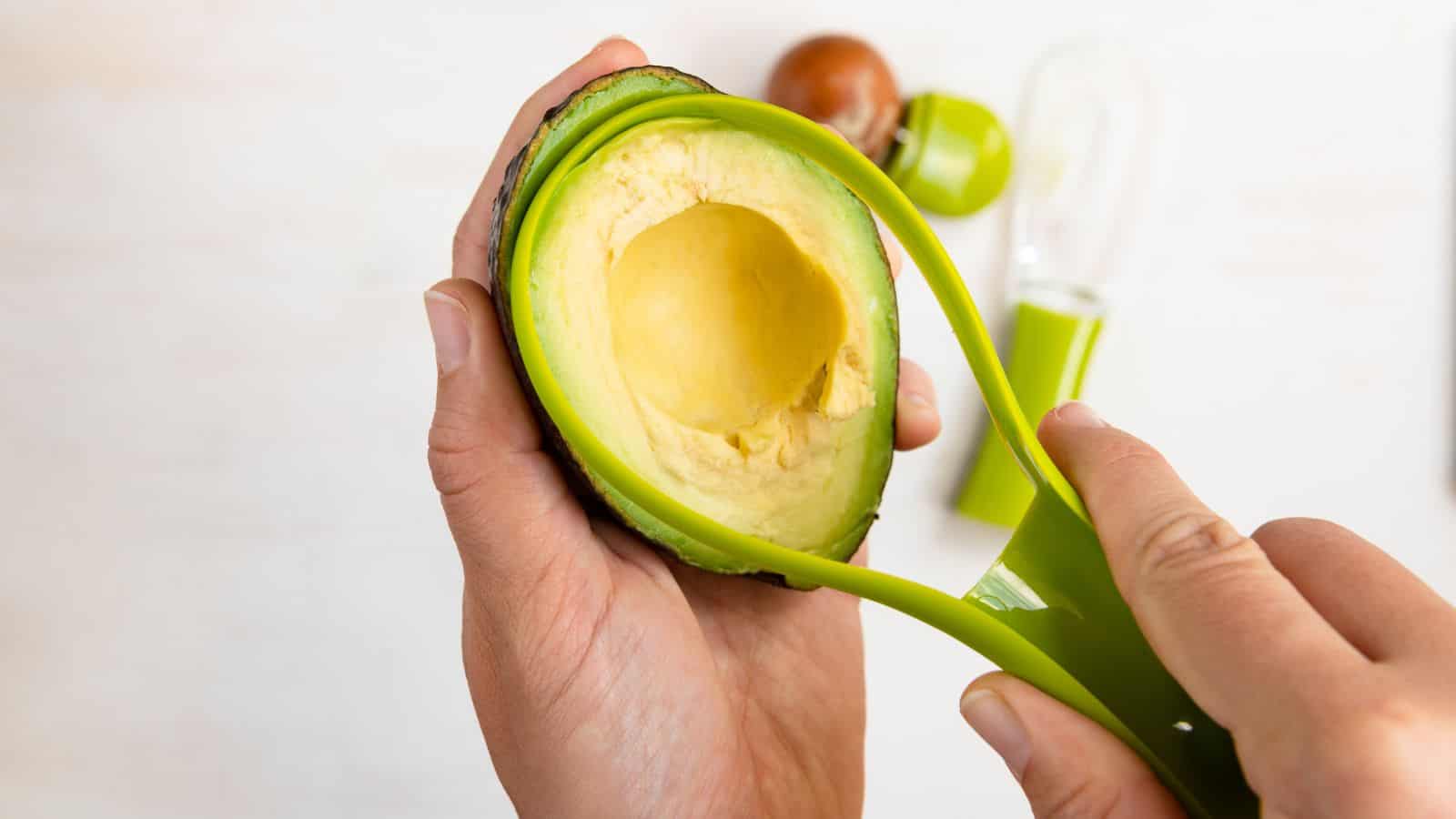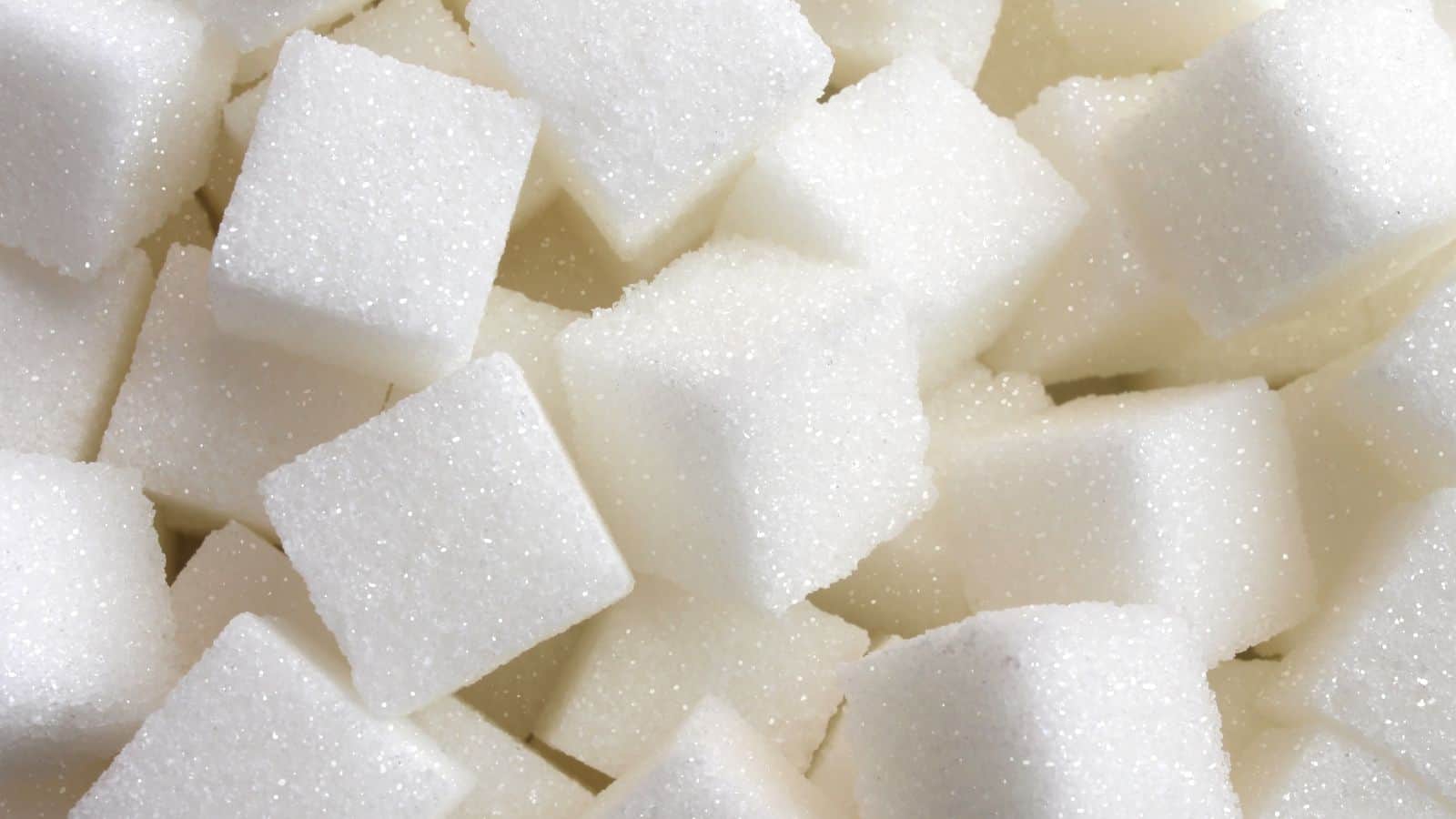Everyone knows that it’s important to maintain our health in life, but doing so isn’t always easy. While there’s tons of information out there to guide us, there’s also a lot of misinformation that can lead us down the wrong path. To help you avoid these pitfalls, here are 20 common misconceptions about living a healthy lifestyle.
Exercise is the Only Way to Lose Weight

Many people assume that hitting the gym is the sole path to weight loss, but diet plays an equally significant role. The body’s caloric intake must be managed carefully because, as Fit To Last lays out, exercising without adjusting your eating habits may slow progress. So, try to find a balance between eating healthier and keeping active, and you’ll make progress in no time.
All Fats Are Bad for You

The word “fat” often carries a negative connotation, leading people to believe that all fats should be avoided. In reality, healthy fats, like those found in avocados, nuts, and olive oil, are essential for proper body function. They support brain health, hormone production, and energy levels, making them a crucial part of a balanced diet.
You Must Eat Three Meals a Day

A lot of people claim that three meals a day is the only way to maintain a healthy diet, but that’s not quite true–this traditional eating pattern isn’t necessary for everyone. Some people thrive on smaller, more frequent meals, while others do well with intermittent fasting. Instead of following rules blindly, it’s important to find what works best for your body and lifestyle.
Cardio is the Best Exercise for Weight Loss

Most of the time, cardio gets all the attention when it comes to shedding pounds, but strength training plays a critical role as well. Building muscle boosts your metabolism, helping you burn more calories even at rest. A combination of both cardio and strength training offers the most effective approach to weight loss, so don’t focus too heavily on one or the other.
Organic Foods Are Always Healthier

While organic foods are often touted as healthier, this isn’t always the case. The nutritional content of organic and non-organic foods can be quite similar. What matters more is the overall quality of your diet—focusing on whole, minimally processed foods, whether organic or not, leads to better health outcomes.
Supplements Can Replace a Balanced Diet

When you rely on supplements to meet nutritional needs, that’s not good; it clearly shows that something’s not right with your diet. Whole foods provide a complex array of nutrients that work together in ways supplements cannot replicate, so a well-rounded diet is always the best foundation for health. Meanwhile, supplements should only be necessary when nutrition is otherwise impossible.
You Should Avoid All Carbs to Lose Weight

These days, carbohydrates often get a bad rap, especially in weight loss circles, but not all carbs are created equal. Whole grains, fruits, and vegetables provide essential nutrients and energy. It’s the refined carbs, like those found in sugary snacks and white bread, that should be limited for weight management.
Detox Diets Are Necessary for Cleansing

The idea that you need special detox diets to cleanse your body is a myth. Your liver, kidneys, and digestive system naturally detoxify your body every day. So, rather than focusing on extreme diets, it’s more effective to eat a balanced diet rich in fiber, hydration, and antioxidants to support these processes.
You Can Out-Exercise a Bad Diet

It’s a common misconception that exercise alone can compensate for poor eating habits. Even with regular physical activity, consuming excessive calories or unhealthy foods can lead to weight gain and health problems. Instead, a synergistic approach, where diet and exercise complement each other, is best for maintaining a healthy lifestyle.
Healthy Eating is Expensive

One of the most common excuses for not eating healthily is that it’s too expensive, but this just isn’t true. There’s no denying that some health foods are pricey, but there are many affordable options like seasonal fruits, vegetables, whole grains, and legumes. Planning meals, buying in bulk, and reducing food waste can also help manage costs effectively.
Gluten-Free Diets Are Healthier for Everyone

A common fad diet lately has been gluten-free, which some people claim to be healthier for everyone. However, this is a myth–only individuals with celiac disease or gluten sensitivity need to avoid gluten. For others, whole grains that contain gluten can provide important nutrients and fiber.
All Calories Are Equal

The idea that all calories are equal disregards the importance of nutrient quality. For example, 200 calories of vegetables provide more vitamins, minerals, and fiber than 200 calories of candy. This means that rather than counting calories, focusing on the source of your calories is far more crucial for weight management, overall health, and general well-being.
You Have to Give Up Your Favorite Foods

Don’t let anyone tell you that you have to give up your favorite foods to become healthy. Restrictive diets can lead to frustration and unsustainable habits, which will eventually lead to boiling points and relapses. A better solution is to find a balance, enjoying treats in moderation while maintaining a generally healthy diet, which will allow for long-term success without feelings of deprivation.
More Exercise is Always Better

While it’s true that regular exercise is essential for health, more isn’t always better. Over-exercising can lead to burnout, injuries, and stress on the body. It’s important to find a balance that includes adequate rest and recovery, ensuring that physical activity remains a positive and sustainable part of your lifestyle.
You Need to Cut Out All Sugar

Contrary to popular belief, eliminating all sugar from your diet is unnecessary and unrealistic for most people. Natural sugars found in fruits and dairy can be part of a healthy diet. Rather, the focus should be on reducing added sugars, particularly those in processed foods and sugary drinks, which contribute to various health issues.
Eating Late at Night Causes Weight Gain

Perhaps the most commonly believed misconception about living healthily is that eating late at night leads to weight gain. Believe it or not, this isn’t true; what matters most is your overall caloric intake and food choices throughout the day. Eating balanced, nutrient-rich meals, regardless of the time, is more important for maintaining a healthy weight.

